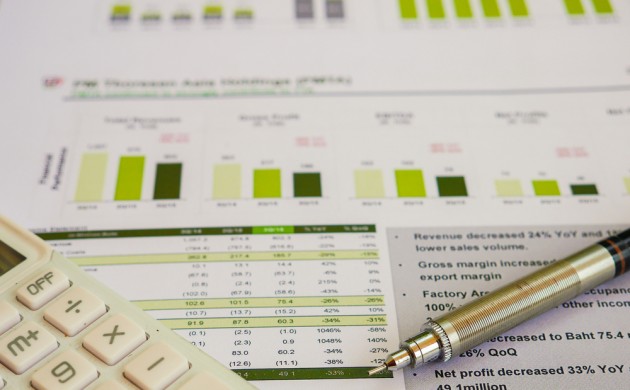2020 Spring Budget Income Taxes
The following is a summary of 2020 Spring Budget in relation to Income Taxes.
To return to the full summary of facts click here.
Personal Tax Rates and Allowances
The Personal Tax rates and allowances will remain unchanged. The personal allowance remains at £12,500 and the higher rate tax threshold remains at £50,000.
National Insurance
The threshold for employees Class 1 National Insurance and self-employed Class 4 National Insurance will increase from £8,632 to £9,500 from April 2020.
The increase in the National Insurance threshold will save individuals up to £104 per year.
National Living Wage (NLW)
The NLW will increase from April 2020:
- Over 24 years old - £8.72 per hour
- 21 to 24-year-olds - £8.20 per hour
- 18 to 20-year-olds - £6.45 per hour
- 16 and 17-year-olds - £4.55 per hour
- Apprentices - £4.15 per hour
Van Benefit and Fuel Benefit Charges
From 6 April 2020, employers who provide employees with vans which are available for private use will see an increase in the level of taxable benefits arising on the van and the fuel provided. The flat rate van benefit charge will increase from £3,430 to £3,490 and the flat rate van fuel benefit charge will increase from £655 to £666.
The car fuel benefit charge will increase from £24,100 to £24,500.
Tapered Annual Allowance for Pensions
The annual allowance for pensions is the maximum amount of tax relief that an individual can receive on their pension savings in a tax year, and it is restricted for high income individuals. Previously the restriction applied to individuals with adjusted income over £150k. From April 2020 the £150k threshold is increased to £240k. The minimum reduced tapered annual allowance for high income individuals will also reduce from £10k to £4k.
This is a welcome announcement which will be of interest to doctors contemplating early retirement.
Troubles Permanent Disablement Payment Scheme
The Troubles Permanent Disablement Payment Scheme will be introduced in May 2020 to support victims injured in the Northern Ireland Troubles. Payments will be backdated to December 2014. The Government will also introduce tax exemptions for any payments received after May 2020.
Capital Gain Tax Annual Exemption for 2020/21
The annual exemption from Capital Gains Tax for individuals and personal representatives will increase from £12,000 to £12,300. For trustees of settlements, the annual exemption will increase to £6,150.
Changes to Loan Charge
The loan charge applies to loans which arose due to the use of disguised remuneration schemes. In 2016, scheme users were given three years to repay their disguised remuneration loans, reach a settlement with HMRC, or be subject to the new charge payable by 5 April 2019. Yesterday’s Budget introduced several changes which will apply retrospectively from 5 April 2019.
One of the changes will allow the taxpayer to elect for the loan balance to be split over the 2018/19, 2019/20 and 2020/21 tax years, whereas previously the outstanding loan balance was treated as taxable income in 2018/19 and taxed accordingly.
To return to the full summary click here.
A PDF version is available to download here.
Interested in finding out more? Contact:
Whilst every effort has been made by CavanaghKelly to ensure the accuracy of the information here, it cannot be guaranteed and neither CavanaghKelly nor any related entity shall have liability to any person who relies on the information herein. Information given here is for guidance only. Detailed professional advice should be taken before acting on any information contained herein. If having read the guidance here, you would like to discuss further; a member of our team would be pleased to help you.


